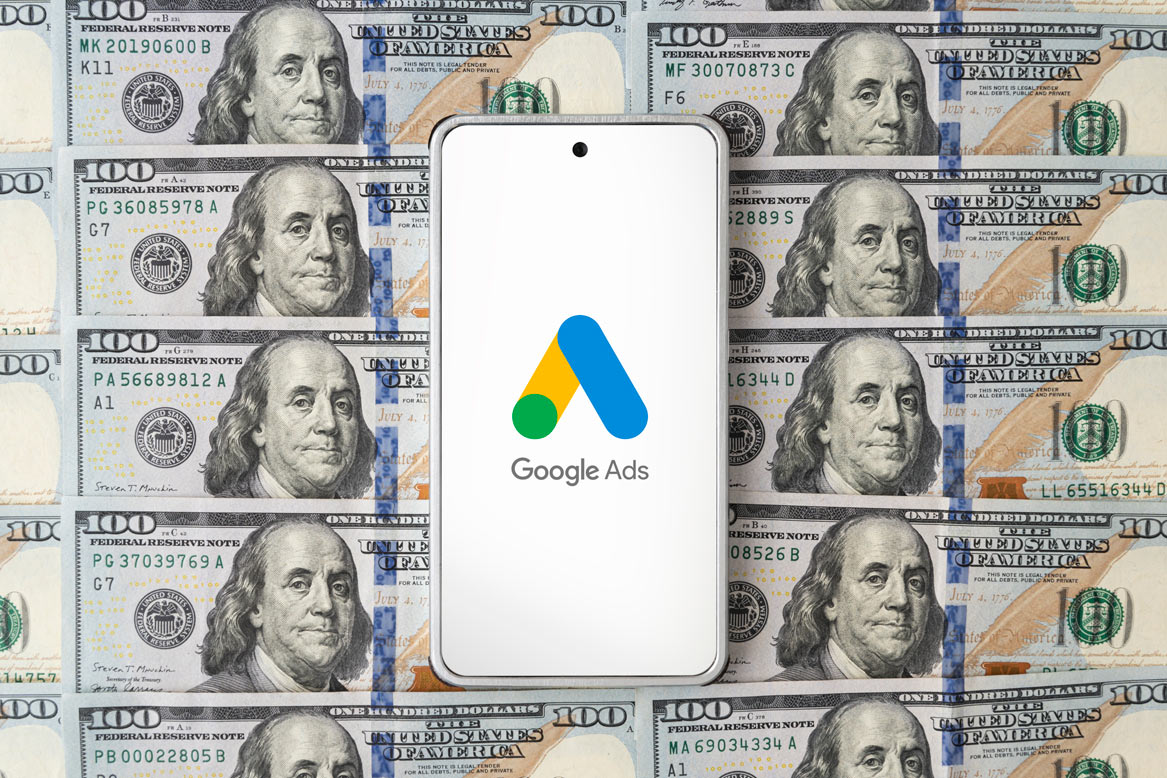I would not have believed this if I did not manage so many accounts, but in week three of June, that is 6/15 to 6/21, nearly all businesses (nearly 40 AdWords accounts) crashed in regards to the number of impressions on Google AdWords. In fact, the problem has impacted so…
News & Trends
-
-
Just How is Google Making So Much Money From Ads???
Just how is Google making so much money from Google AdWords? Well based on the comment taken from this Google blog post speaking about Google now showing ads on the Yahoo network, it is the advertisers who are soaking themselves not Google. Yes that's right, but escalating prices in your…
-
Bleeding Cash With Google AdWords
I see this too frequently to think of it as a fluke; clients using extremely general keywords for programs and then spending their whole budget on a term like gas or American sound. Wow, Google is really getting rich at the expense of some clients who are tickled to death…
-
Jeremy Zawodny Leaves Yahoo and So The Exodus Starts
If you don’t know who Jeremy Zawodny is, he is Yahoo’s mouthpiece to the professional world of webmasters much in the sense that Matt Cutts is for Google. Jeremy is a search engineer and Yahoo uses him to disseminate information and his blog allows professionals such as myself to get…





